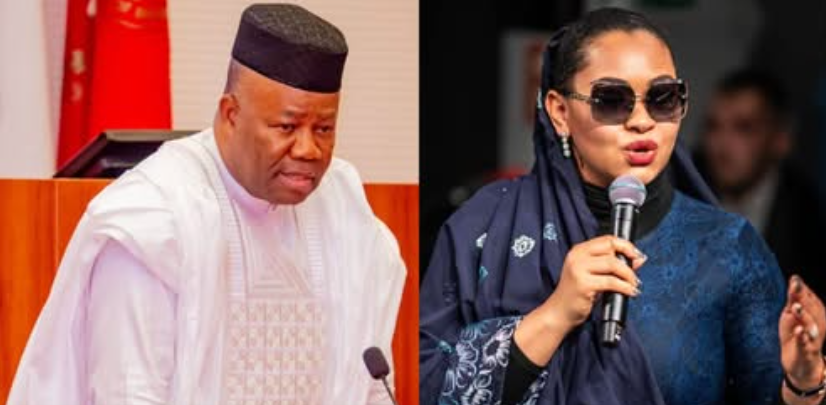Gbajabiamila: Lawmakers Forced Into Budget Insertions Due to Broken Local Governments

Femi Gbajabiamila, Chief of Staff to President Bola Tinubu, says Nigerian lawmakers are often forced to insert constituency projects into the national budget to meet public expectations caused by the collapse of local government systems.
Speaking on Tuesday during the opening of the 2025 Open Week of the House of Representatives in Abuja, Gbajabiamila — a former Speaker of the House — said there is a widening disconnect between the constitutional role of lawmakers and what the public expects of them.
“It is a source of frustration that, nearly three decades later, the vast majority of our nation’s people still do not fully comprehend the legislative functions, powers, responsibilities, and limitations of each member of parliament and the institution,” he said.
Gbajabiamila explained that the public pressure on legislators to build roads, classrooms, and healthcare facilities — responsibilities assigned to the executive and local governments — has driven lawmakers to rely heavily on budget insertions to deliver tangible projects to their constituents.
His remarks follow revelations by BudgIT, a civic tech group, which recently said it uncovered over 11,000 projects worth N6.93 trillion inserted into the 2025 national budget by the National Assembly. The group described the practice as a systemic abuse of power.
But Gbajabiamila argued that in the absence of functioning local governance, lawmakers have little choice but to fill the vacuum.
“A member of the House of Representatives who isn’t actively engaged in providing education and healthcare facilities, who isn’t doing road construction and waste management, while delivering sustained empowerment for commercial activities, is not going to be a legislator for very long,” he said.
He warned that the blurring of legislative and executive roles risks long-term dysfunction and growing public resentment. Legislators, he said, are being judged on duties they were never constitutionally designed to perform.
“For example, when the executive builds roads, there is a framework for maintenance through the public works department. No legislator can provide that, nor should they be expected to,” he noted.
Gbajabiamila assured that the Tinubu administration is working to restore autonomy and functionality to local governments through improved funding, transparency, and accountability. He emphasized that in more advanced democracies, local governments handle most quality-of-life services — from waste disposal to community policing — now unfairly expected of federal lawmakers.
He expressed hope that a strengthened local government system will allow legislators to return to their core constitutional duties: lawmaking, policy development, and oversight of the executive.

One thought on “Gbajabiamila: Lawmakers Forced Into Budget Insertions Due to Broken Local Governments”
Comments are closed.



Boost your income—enroll in our affiliate program today! https://shorturl.fm/DmFTc